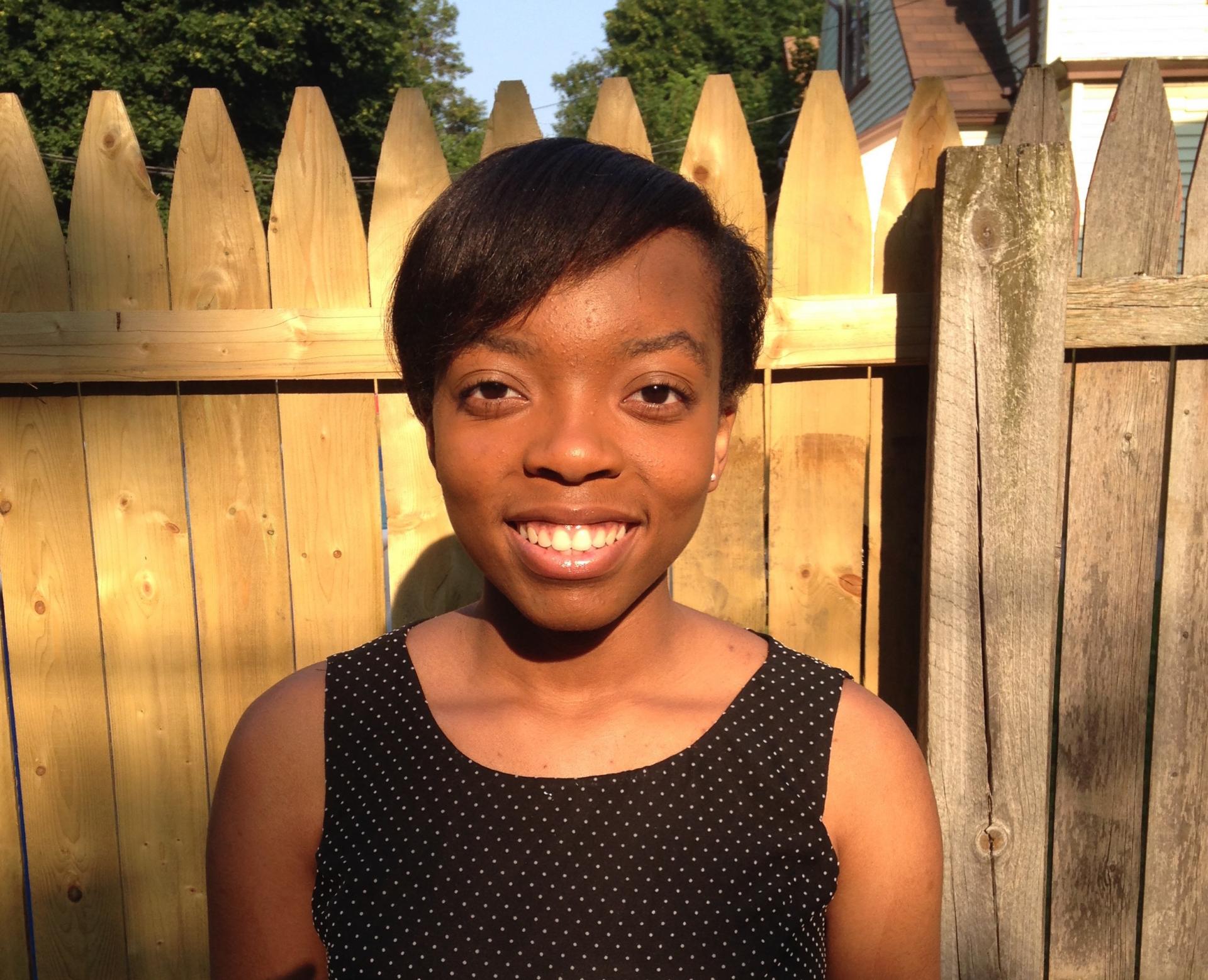Student Spotlight: Deja Robinson on Synthetic Biology and Study Abroad
Columbia student Deja Robinson was recently selected to participate in the iGem competition, as part of a team at the Pasteur Institute.

Columbia student Deja Robinson was recently selected to participate in the iGem competition. Organized by The International Genetically Engineered Machine (iGEM) Foundation, this competition is designed for students interested in the field of synthetic biology. Deja is part of a team of young researchers directed by Deshmukh Gopaul at the Pasteur Institute, .
Deja is in her third year at Columbia University and is currently pursuing a Bachelor’s Degree in Biology. She has spent the past year studying in Paris. In addition to participating in the iGEM competition, she is researching bacterial DNA recombination at the Pasteur Institute. When Deja is not in the laboratory or doing work for her other Columbia courses, she enjoys immersing herself in French culture and exploring all that Paris has to offer. Cathy Collins, academic advsior for the Columbia University Undergraduate Programs in Paris, spoke with Deja about her experience:
How did you hear about the iGEM competition? What motivated you to participate in this international competition at the Pasteur Institute under the supervision of Professor Deshmukh Gopaul?
This semester, I am working in Deshmukh Gopaul's laboratory at the Pasteur Institute. I first met him last semester while I was organizing the coming semester. It was during this meeting that he told me about a biotechnology competition. He'd led a team last year and was beginning to organize himself for the following year. I went home and did a bit of research on the iGEM competition. I was particularly interested by the interdisclipinary focus of the competition, bringing together students of many disciplines to create a project to benefit a community.
How many students are there on Professor Gopaul’s team? What do they study? Which university do they attend in Paris?
There are 25 students on the Pasteur teams. They come from many disciplines. We have people studying law, biology, chemistry and design. Among them, there are students at Pierre & Marie Curie University, the Pasteur Institute, and the École nationale supérieure de création industrielle (ENSCI).
Tell us about the first few weeks of the program. What was your role? How did you determine the project you will be presenting to the jury in the fall?
During the first few weeks, members of the team presented possible projects. Gradually, we narrowed down the possibilities. With this handful of ideas, we formed small committees to develop the ideas. We took the next few weeks to discuss and modify the concepts. Finally, after a few rounds of voting, we agreed upon our final project.
What will happen the next few months (research, responsibilities, and courses at the Pasteur Institute)? How often do you meet with the group?
Now that we've chosen a project, the number of weekly meetings had increased from one to three times. We are currently working out the details. We have also split into smaller groups that will focus on the various areas of the iGEM competition, like Human Practice, Science and Sponsoring. During the coming months, we will change groups each month so that everyone can experience all of the parts of iGEM.
What does this experience bring you as a science student?
As a science student, I am used to doing science in a very particular way. I am normally approaching science in a theoretical and academic context. This is the first time that I've worked in such a multidisciplinary way. Rather than being solely concerned with the scientific methods used, iGEM prioritizes the creation of a useful product.
How valuable and rewarding is this collaborative project for you and the pursuit of your studies?
Being a part of this project has taught me to approach science and laboratory work in a new and innovative way. The scientific world is opening up more and more to work with other disciplines. Participating in the iGEM competition is allowing me to be comfortable in the changing discipline that I will soon find myself a part of.